• Ensuring greater academic RECOGNITION on the global stage.
• Promoting TRANSFERABILITY of public health education & training.
• Increasing EMPLOYABILITY of public health graduates.
• Attesting the QUALITY of Public Health Workforce training.

APHEA - Agency for Public Health Education Accreditaiton
Avenue des Arts 47
1000 Bruxelles, Belgium
Tel: ++32 2 735 0890
email:office@aphea.be
APHEA BOARD OF ACCREDITATION
 |
Paul Barach (Chair) Professor Paul Barach, B.Med.Sci, MD, MPH, AUA, Major (Ret.), a physician and public health scientist at Jefferson College of Population Health, Thomas Jefferson University, an international expert in health systems accreditation and a passionate believer in robust public health education and training. Paul has more than 25 years of experience as an executive and public policy advisor in universities, academic medical centers and integrated delivery systems in public health leadership positions related to care delivery, technology, policy and professional association sectors. Paul held the position of Chief Quality Officer and Associate Chief Medical Officer for a 1200 bed integrated hospital system. He also was Associate Dean of the Medical School and Founding Director of the Center for Simulation and Patient Safety. Paul is lead for Disaster and Emergency efforts for ASPHER, Association of Schools of Public health in European Region. Dr Barach has designed numerous clinical and community health trials and has received $56,000,000 in federal competitive grant funding. He has successfully supervised 50 graduate students. Paul is a double-boarded anaesthesiologist and critical care and public health scientist, trained at Harvard University, and Massachusetts General Hospital. Paul is an elected member of the international honorary society the Association of University Anaesthesiologists. He holds Honorary/Visiting University Professorships at Imperial College London, University of Sigmund Freud University, Vienna; University of Birmingham, UK; The University of Queensland; The National Cancer Center in Seoul and Milan Polytechnic. Paul was editor of the BMJ Safety and Quality Journal, and is Associate Editor of Telehealth and Medicine, and Pediatric Cardiology journals. He has co-authored over 350 papers and book chapters and 5 books. |
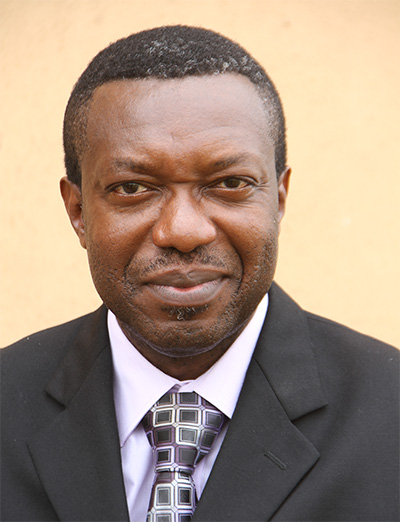 |
Godwin Aja Prof. Godwin Aja is a health promotion and education professor and a program advisor for the Master of Public Health program at the Adventist International Institute of Advanced Studies (AIIAS) in the Philippines. He earned his Doctor of Public Health (DrPH) from Loma Linda University, California, in 2008 and a Master’s in Public Health from the University of Calabar in 1993. Before joining AIIAS, Prof. Aja was a professor and head of the Public Health Department at Babcock University, Nigeria. His research focuses on health promotion, education, and public health. He has published over 50 scientific papers and actively participates in public health research. Prof. Aja is dedicated to advancing global health education and has contributed to various research initiatives aimed at improving community health. His work emphasizes disease prevention, health literacy, and policy development in public health systems. With extensive experience in academia and research, he continues to influence the field through teaching, mentoring, and consulting. His expertise is recognized in both local and international public health circles. |
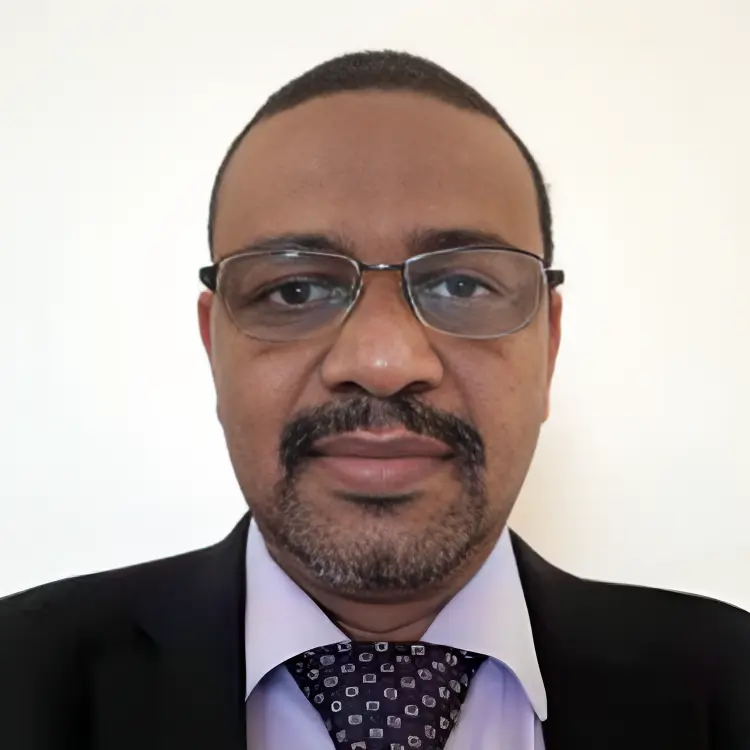 |
Elsheikh Badr Professor Elsheikh Badr is a public health consultant with over 20 years of experience in health systems and workforce development. He holds a medical degree and a postgraduate diploma in public health from Sudan, a master’s in health policy from the University of Leeds, and a fellowship from the UK’s Faculty of Public Health. He is the Executive Director of the Center for Health Workforce Development and a Professor of Community Medicine at RAK Medical and Health Sciences University, UAE. Previously, he was Secretary General of the Sudan Medical Specialization Board and held senior roles in Sudan’s Federal Ministry of Health, including Director of Human Resources for Health Development. Prof. Badr has published a lot of research papers, contributed to medical education, and served as the founding editor of the Sudanese Journal of Public Health. He has presented at international conferences and consulted for WHO on global health workforce policies. He is an expert advisor to WHO’s Global Code of Practice on Health Personnel Recruitment and has been involved in major international health workforce initiatives, influencing policy and capacity-building in global health systems. |
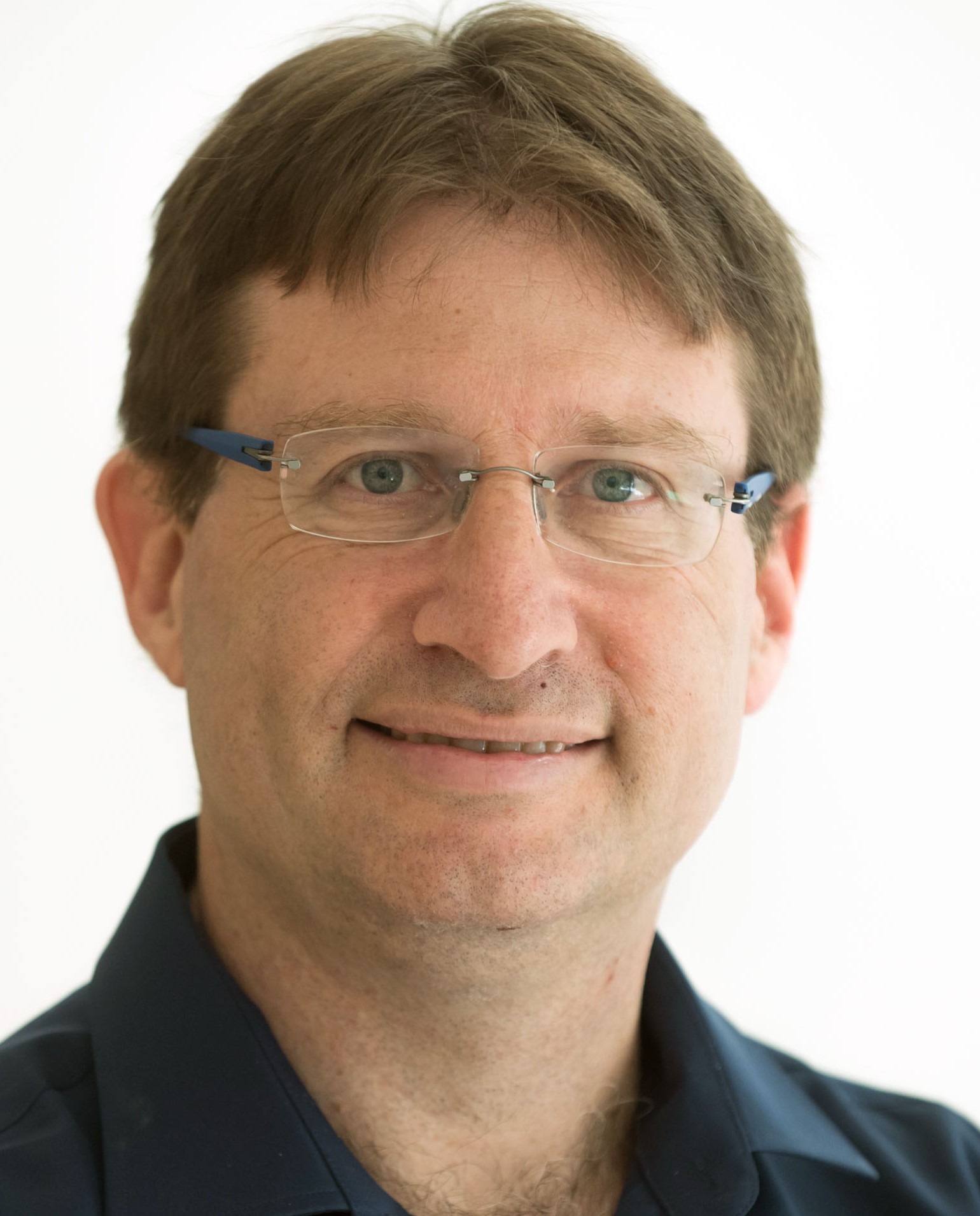 |
Nadav Davidovitch Prof. Nadav Davidovitch, MD, MPH, PhD, is an epidemiologist and public health physician, Director of Ben-Gurion University of the Negev’s School of Public Health and Chair, Health Policy Program, Taub Center. In addition a member of various Israeli Ministry of Health and international committees including chair of Public Health Emergencies Task Force, ASPHER (Association of Schools of Public Health in the European Region). Prof. Davidovitch has authored more than 200 scientific articles on the subject of public health, health policy, health economics, health systems management, ethics and sociology of health. He has been involved in research and health policy initiatives related to "One Health" approach and has advised various agencies in Israel and abroad on the need to make structural changes in health systems, with an emphasis on health inequalities. |
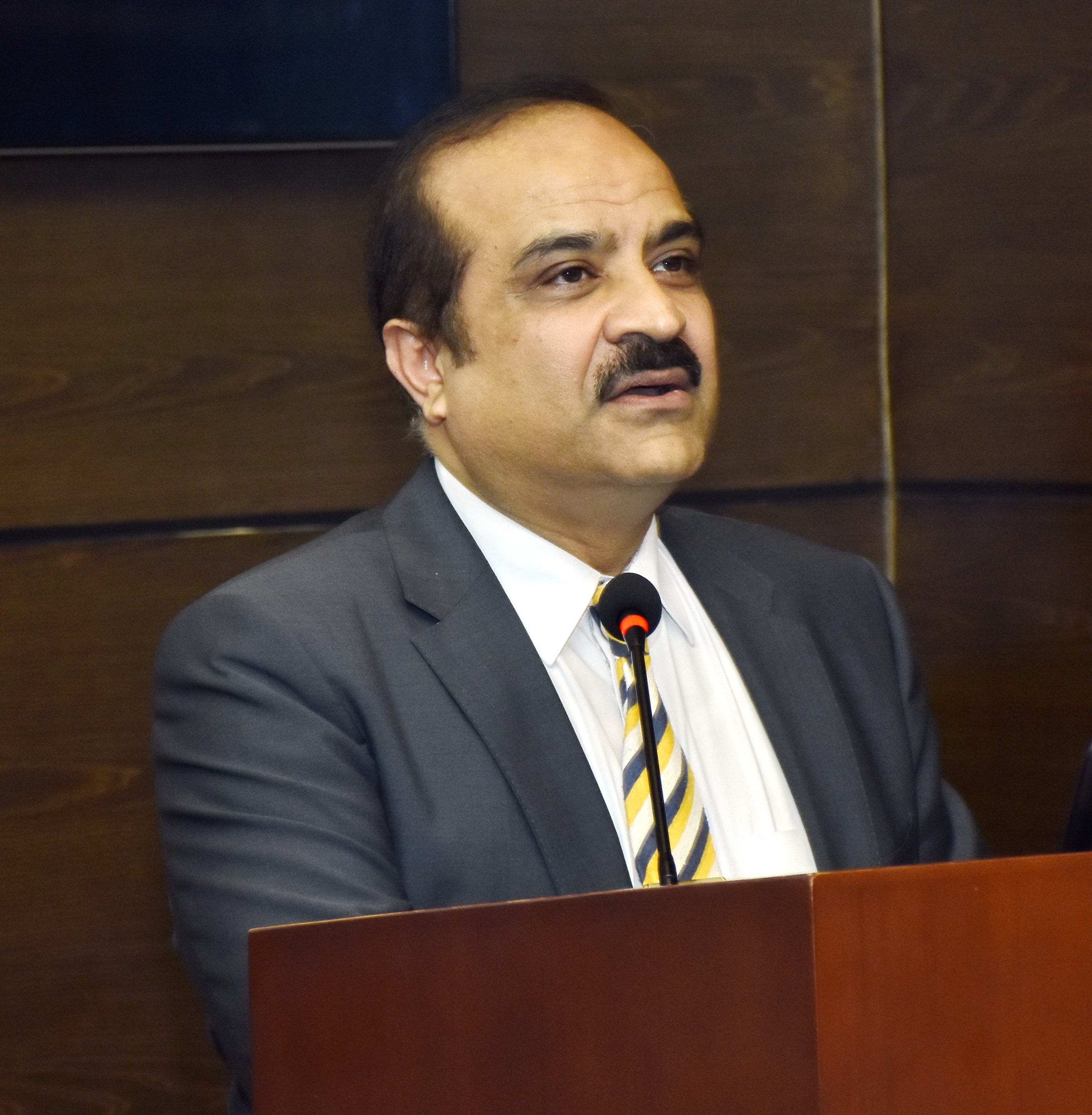 |
Aamer Ikram Dr. Ikram is Advisor Health at Fauji Foundation and holds key international roles, including Chair of TEPHINET’s Advisory Board, Vice President of IANPHI, and Regional Technical Advisor for EMPHNET. He is a WHO Technical Advisory Group member, serves on GAVI’s Governance Committee, and is involved with PIVI, IBBIS, and Gulf CDC. Previously, he chaired the International Federation of Biosafety Associations and contributed to WHO’s Health Security Interface and FGHI. A Fellow and Councilor of the Pakistan Academy of Sciences, he consults for WHO and Manhattan Strategy Group and is an Adjunct Professor at Emory University. He served as CEO of Pakistan’s NIH during the pandemic, achieving significant milestones. His expertise spans IHR, GHSA, disease surveillance, One Health, biosafety, AMR, and vaccination, with over 400 publications. A graduate of Army Medical College (1987), he earned multiple diplomas, an FCPS in Microbiology (1998), and a PhD (2014). He holds certifications in biosafety and public health and is a Fellow of Royal Colleges of Edinburgh and London. Recognized for his contributions, he continues to advance global health security and epidemiology. |
 |
Ramune Kalediene Professor Ramune Kalediene is an esteemed academic in the field of public health and health sciences, serving at the Lithuanian University of Health Sciences. She holds advanced degrees in public health and has dedicated her career to researching health promotion, epidemiology, and health policy. Her work has significantly contributed to understanding health determinants and designing effective interventions for non-communicable diseases and health disparities. Prof. Kalediene has published extensively in peer-reviewed journals and actively collaborates on international research projects. Her academic expertise is complemented by a strong commitment to teaching and mentoring the next generation of public health professionals. As a recognized leader in her field, she serves on various academic committees and participates in policy-making initiatives that shape public health strategies at both national and international levels. A regular speaker at international conferences and symposiums, Prof. Kalediene shares insights on innovative approaches to community health improvement. She bridges the gap between research and practice through her work, ensuring that evidence-based strategies contribute to better public health outcomes in Lithuania and beyond. |
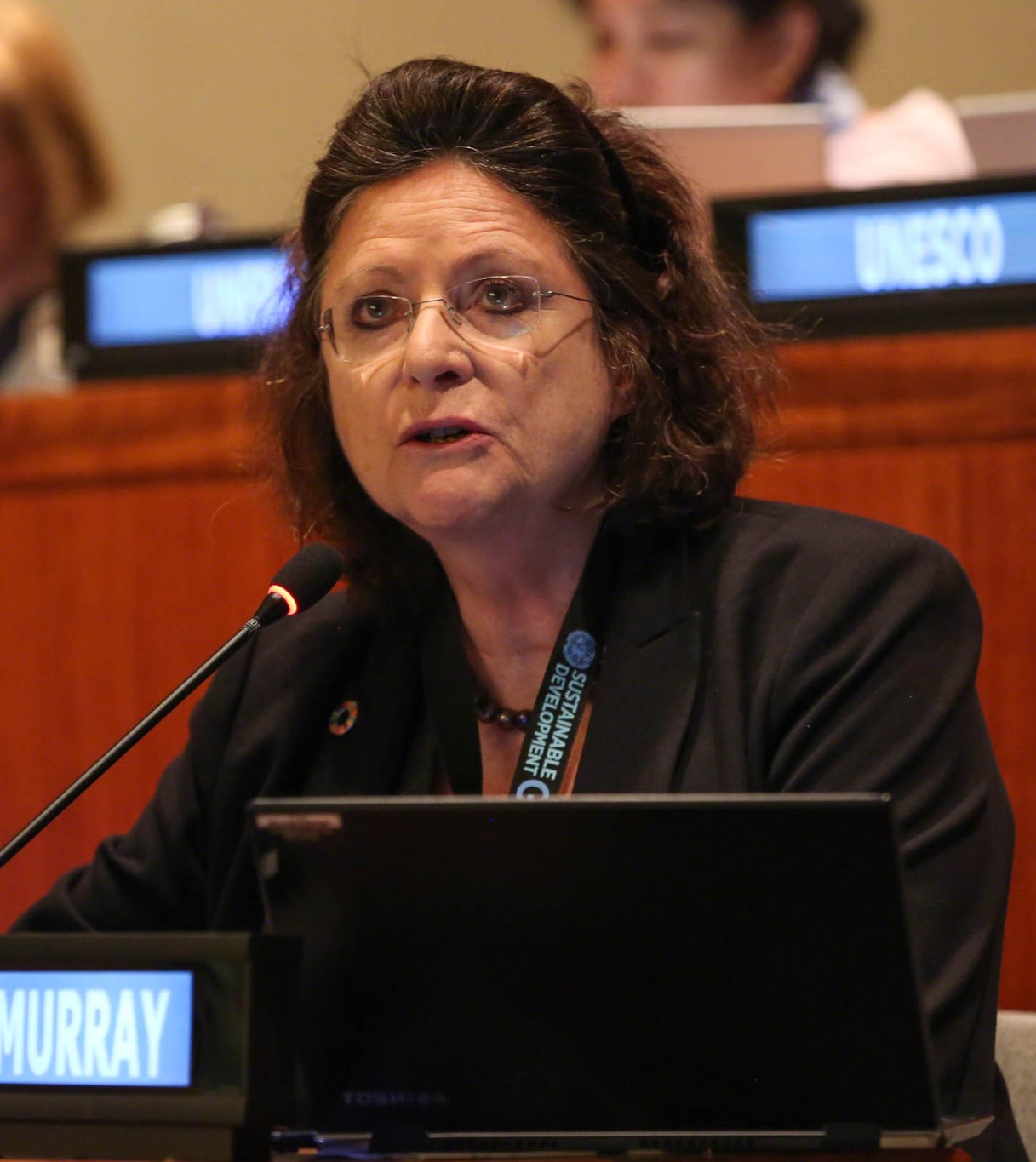 |
Virginia Murray Professor Virginia Murray is a public health doctor committed to improving health emergency and disaster risk management. She was appointed as Head of Global Disaster Risk Reduction for UK Health Security Agency (formerly Public Health England) in April 2014. She is currently a co-chair of the WHO Thematic Platform Health and Disaster Risk Management Research Network, and by working in collaboration with this network, she is one of the editors of the WHO Guidance on Research Methods for Health and Disaster Risk Management, published in October 2021, updated in 2022 and now being updated for publishing in late 2025. She is currently the chair of the United Nations office of Disaster Risk Reduction (UNDRR) / International Science Council (ISC) Hazard Information Profile Steering Group for update for sharing at the 2025 for the Global Platform on Disaster Risk Reduction, having been the Chair of the UNDRR/ISC Hazard Classification and Review Technical Working Group from 2019 with the report published in 2020 and the UNDRR-ISC Hazard Information Profiles: Supplement in 2021. Additionally, she is an Executive Committee member of CODATA – Committee on Data of the ISC . She was a member and then vice-chair of the UN International Strategy for Disaster Reduction (UNISDR) Scientific and Technical Advisory Group (STAG), 2008-2017, supporting as required negotiations for the Sendia Framework for Disaster Risk Reduction 2015–2030 by the UN member states. She is a visiting/honorary professor and fellow at several universities. |
 |
Flavia Pennisi Passionate and dedicated PhD student in One Health Approaches to Infectious Diseases and Life Sciences at the University of Pavia, specializing in Epidemiology, Monitoring, and Modelling (EPI-MOD). As a medical doctor enrolled in a specialist public health training program, she integrates advanced research skills with practical expertise to tackle complex public health challenges. Her academic journey is characterized by a strong commitment to scientific research and a deep interest in public health education. Since her early university years, she has been actively involved in research activities and statistical analysis, fostering a curiosity that continues to drive her work. She contributes to regional public health initiatives through her role in the Welfare Directorate of a Regional Government, while her previous experience in Quality, Accreditation, and Risk Management at San Raffaele Hospital in Milan has enriched her understanding of healthcare standards. Beyond her research and professional activities, she has played a key role in organizing master's programs, training courses, and workshops in Public Health, as well as delivering lectures. Recognized with the ASPHER Early Career Excellence Award, she has participated in global public health forums and international collaborations, further strengthening her commitment to advancing public health education and research. |
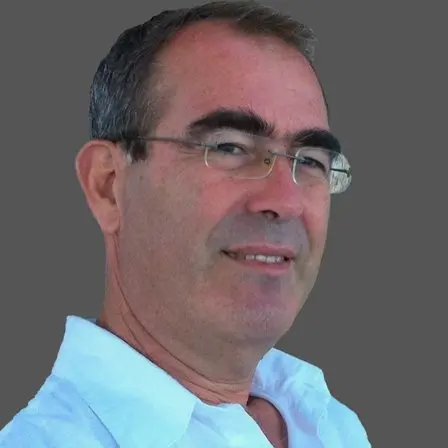 |
Yannis Skalkidis Dr Yannis Skalkidis is a surgeon and a Fellow of the American College of Surgeons, with a PhD in Epidemiology from Athens University and a Masters Degree in Health Policy and Management from Harvard School of Public Health. He is an international consultant with expertise in healthcare quality improvement, organizational efficiency, and accreditation of healthcare facilities. He has extensive experience working in Europe, the USA, Africa, and Asia. He has coordinated/participated in 37 European Union-funded Research and Implementation Programs, addressing the evaluation of healthcare systems, quality improvement, and application of medical informatics. He has worked as a Consultant for international organizations like WHO, the Health Directorate of the European Union, USAID, the European Hospital Federation, the Australian Council for Healthcare Standards, and EU Notified Bodies for Health Technology Certifications, as well as for individual private or public healthcare organizations. Over the last years, one of his main activities has been to organize and run the National Accreditation System in Bahrain, training and coaching surveyors, leading all national surveys, and following up the leading implementation of all recommendations. |



